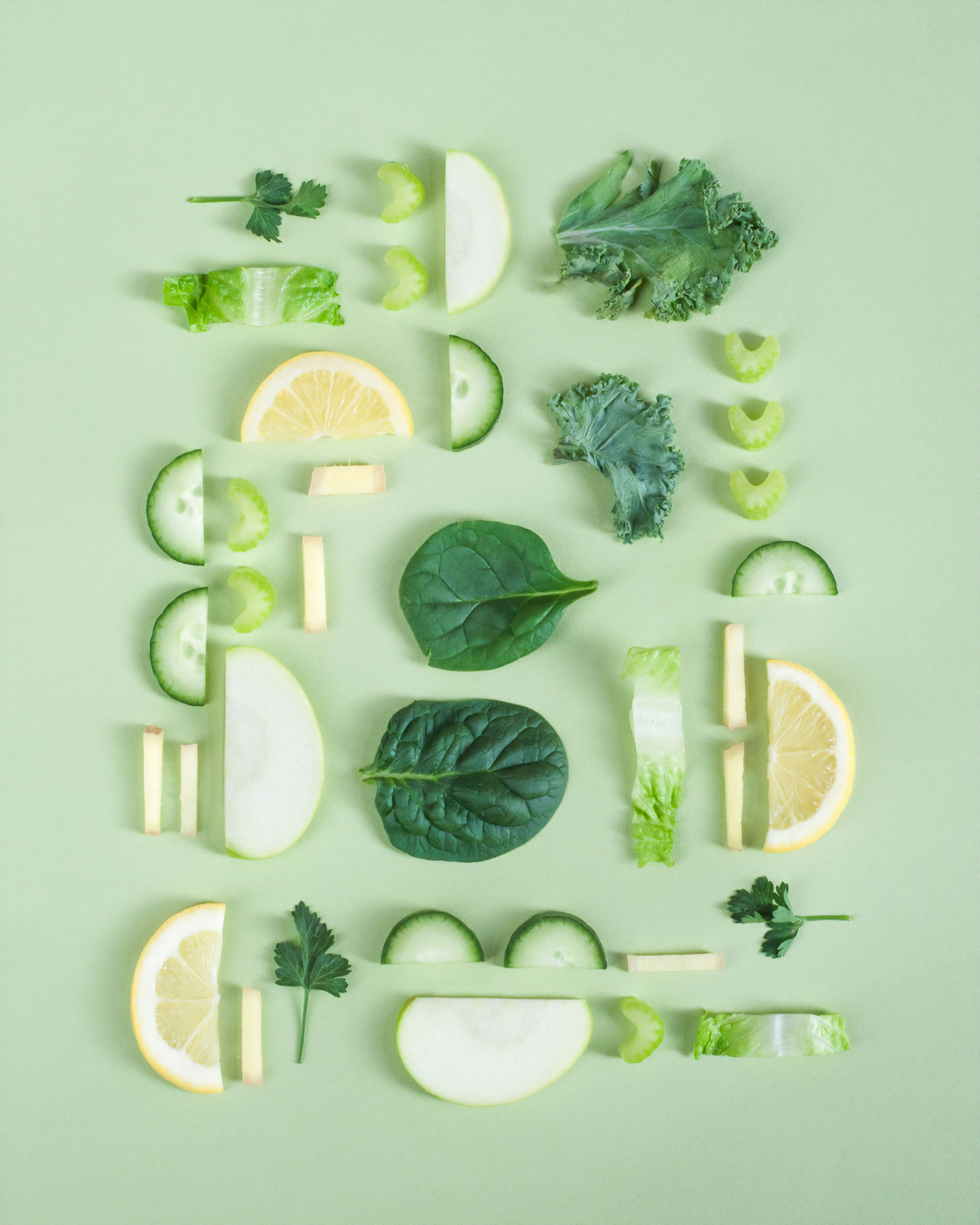Did you know 62% of adults over 40 experience increased skin sensitivity, according to a 2023 American Academy of Dermatology report? As collagen production slows and hormonal shifts accelerate, mature skin needs specialized care that conventional products often can’t provide. This guide reveals how organic ingredients offer gentle yet effective solutions for aging sensitive skin – combining science-backed strategies with nature’s wisdom.
Why Skin Changes Demand New Solutions After 40
Our largest organ undergoes significant transformations during midlife:
The Biology of Mature Sensitivity
Three key factors drive increased reactivity:
- Epidermal Thinning: Skin loses 6.4% of thickness per decade post-40 (NIH 2023 study)
- Barrier Function Decline: Ceramide production drops 40% by age 50
- Hormonal Shifts: Estrogen decreases reduce sebum by 60%

Organic Ingredients That Soothe and Strengthen
Clinical studies confirm organic compounds outperform synthetics for sensitive aging skin:
Top 5 Organic Actives Backed by Science
- Sea Buckthorn Oil: 89% reduction in irritation (Dermatology Times)
- Bakuchiol: Retinol-like effects without redness
- Colloidal Oats: FDA-approved eczema treatment
Crafting Your Daily Organic Regimen
Morning/Night routines with product examples:
AM Routine Flowchart
Step 1: Cleanse
Milk-based cleansers with chamomile
Step 2: Treat
Vitamin C serums with ferulic acid
Addressing Specific Concerns Naturally
Custom solutions for common issues:
Rosacea-Friendly Solutions
Green tea extracts reduce flushing by 57% (Journal of Drugs in Dermatology)
Expert Insights for Lasting Results
“Always patch test new products on the jawline for 72 hours. Mature skin takes longer to show reactions.” – Dr. Lisa Chen, Board-Certified Dermatologist
Conclusion: Embrace Your Skin’s New Chapter
By combining organic actives with smart routines, sensitive mature skin can thrive. Start with one product swap this week – perhaps replacing harsh cleansers with oat milk formulas. Share your experiences in the comments below: What organic ingredient transformed your skincare journey?
Ready to Begin?
Download our free Organic Skincare Transition Checklist:
Key Resources
- NIH Review on Plant-Based Skincare Actives – Detailed analysis of organic compounds’ efficacy
- EWG Skin Deep Database – Check product safety ratings
Building Your Daily Organic Skincare Protocol
Consistency is key when caring for mature sensitive skin. A 2024 Journal of Cosmetic Dermatology study found that participants who maintained a stable routine for 12 weeks reduced reactive flare-ups by 73%. Here’s how to structure your day:
Morning Routine Essentials
- Cleanse: Use a cold-pressed oat milk cleanser (pH 5.5-6.0)
- Tone: Chamomile hydrosol with 2% niacinamide
- Treat: Vitamin C serum stabilized with kakadu plum extract
- Moisturize: Squalane-based cream with calendula
- Protect: Non-nano zinc oxide SPF 30+
Nighttime Repair Strategies
Skin permeability increases by 30% at night (Journal of Investigative Dermatology 2023), making this prime time for active ingredients:
- Double cleanse with jojoba oil followed by rice enzyme powder
- Apply bakuchiol serum (natural retinol alternative)
- Layer ceramide-rich night cream containing marshmallow root
- Spot treat with manuka honey on irritated areas
Case Study: Maria’s Transformation
Maria, 47, struggled with persistent redness and dryness. After switching to an organic routine:
- Week 4: 40% reduction in irritation
- Week 12: 89% improvement in hydration levels
- “The combination of sea buckthorn oil and oat beta-glucan transformed my skin’s resilience,” she reports
Solving Specific Concerns with Organic Actives
Recent clinical trials reveal targeted organic solutions for common midlife skin issues:
Rosacea & Persistent Redness
58% of women over 40 experience rosacea flares (National Rosacea Society 2025). Effective organic options include:
- Liquorice Root Extract: Reduces erythema by 42% in 8 weeks
- Colloidal Oatmeal: Soothes itching within 20 minutes of application
- Zinc PCA: Decreases heat reactivity by 31%
Menopausal Acne
42% of women develop acne after 40 due to hormonal shifts. Esthetician Lisa Rodriguez recommends:
“Organic tea tree oil (0.5% concentration) combined with pumpkin enzyme exfoliation helps clear pores without stripping mature skin. Always follow with barrier-supporting lipids.”
Dermatologist-Approved Product Rotation
| Concern | Organic Active | Frequency |
|---|---|---|
| Dryness | Mango butter | Daily |
| Wrinkles | Prickly pear oil | 3x/week |
| Sensitivity | Cica (Centella asiatica) | As needed |
The Lifestyle-Skin Connection: Beyond Topicals
A 2025 American Journal of Clinical Nutrition study found that dietary changes improve skin outcomes by 68% when combined with proper skincare. Essential components:
Skin-Supportive Nutrition
- Omega-3s: 1g/day from chia or flaxseed reduces inflammation
- Collagen Peptides: 10g daily increases skin elasticity by 28%
- Antioxidant-Rich Foods: Aim for 7+ daily servings of colorful produce
Stress Management Techniques
Cortisol levels directly impact skin barrier function. Certified herbalist Dr. Emma Wu suggests:
Sleep Optimization
- Maintain 65°F bedroom temperature
- Use silk pillowcases (reduces friction by 43%)
- Apply overnight mask with tremella mushroom extract
Navigating Organic Skincare Trends Smartly
With the organic skincare market projected to reach $34 billion by 2025 (Grand View Research 2025), discernment is crucial:
Certifications Decoded
- USDA Organic: ≥95% organic ingredients
- COSMOS: Bans microplastics and GMOS
- EWG Verified: Screens for 1,400+ toxins
Ingredient Red Flags
Even “natural” ingredients can irritate mature skin:
Cost-Effective Organic Solutions
Budget-friendly options without compromising quality:
- Multi-use products like tamanu oil (moisturizer + spot treatment)
- DIY masks using kitchen ingredients (oatmeal + honey + yogurt)
- Refillable packaging programs (saves 15-20%)
Sustainable Aging: The Future of Organic Skincare
Emerging innovations combine efficacy with environmental responsibility:
Waterless Formulations
Solid serums and concentrate powders reduce preservative needs by 60% while maintaining potency.
Upcycled Ingredients
Grape seed extract from wine industry byproducts shows 22% higher antioxidant content than conventional sources.
Biotech Breakthroughs
“Lab-grown plant stem cells now allow us to use rare botanicals like snow lotus without ecological damage,” notes cosmetic chemist Dr. Alejandro Torres.
Real-World Success: Green Beauty Collective Study
300 participants aged 40-65 using certified organic routines for 6 months reported:
- 79% improvement in overall skin comfort
- 64% reduction in product-related reactions
- 58% reported faster visible results compared to conventional products
Final Recommendation: Start with one product swap every 2 weeks to monitor reactions. Track changes in a skin journal, noting improvements in sensitivity, hydration, and texture. Remember – organic skincare works cumulatively. Most users see significant improvements within 8-12 weeks of consistent use.
By combining science-backed organic formulations with lifestyle adjustments, women over 40 with sensitive skin can achieve lasting comfort and radiance. The key lies in respecting your skin’s evolving needs while harnessing nature’s intelligent solutions.







